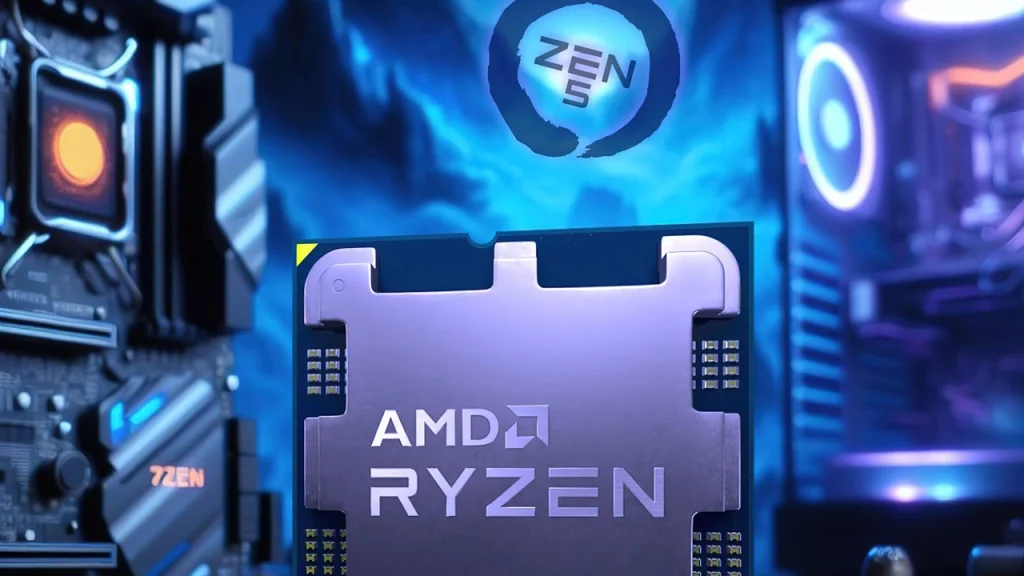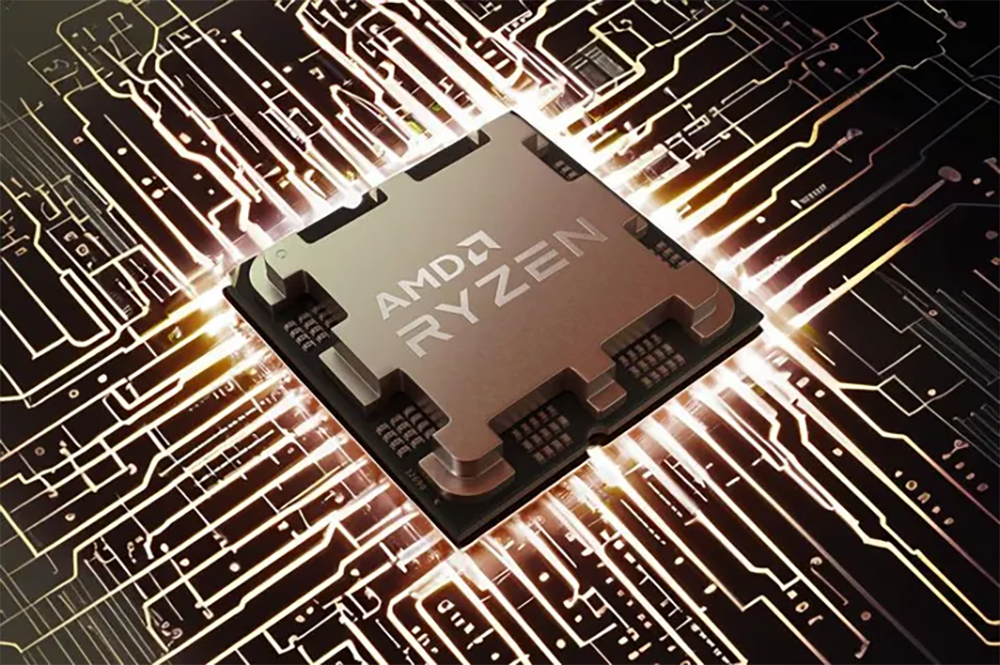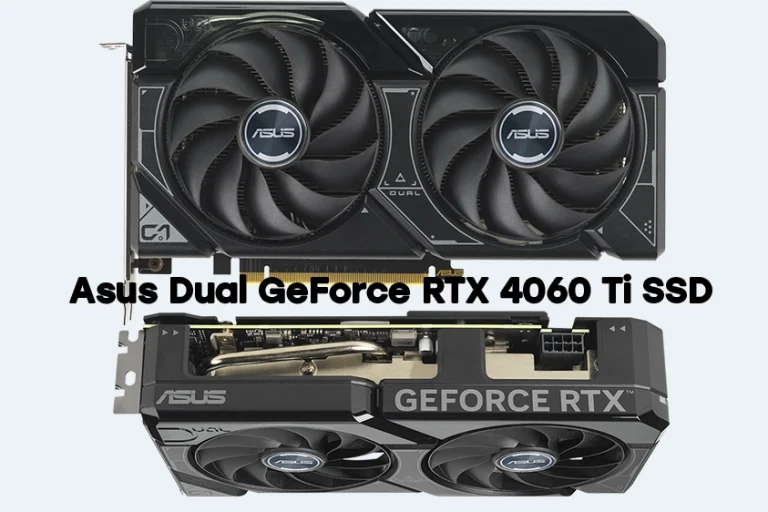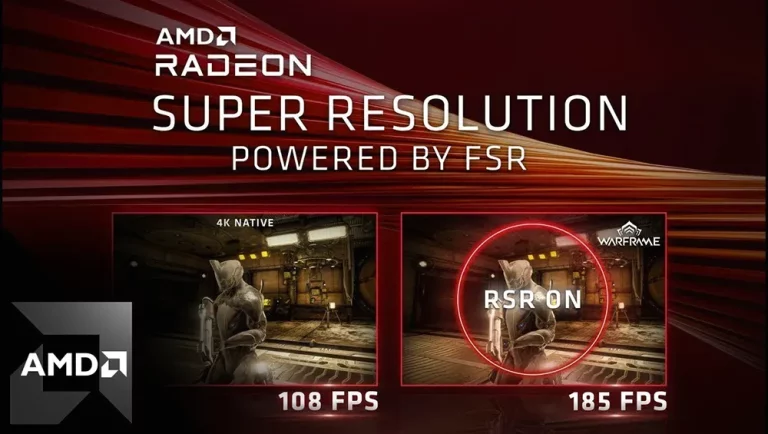AMD’s Artificial Intelligence Move with Zen 5: Unveiling Next-Gen Processor Technologies
AMD’s latest venture, into the CPU market is generating buzz with its Zen 5 architecture set to debut in 2024. Following the success of Zen 4 CPUs Zen 5 is rumored to focus on enhancing computing performance with an emphasis on artificial intelligence (AI). This move showcases AMD’s dedication to staying in innovation and meeting the growing demand for AI integration in both consumer and enterprise computing environments.
The integration of AI-focused features into the Zen 5 architecture hints at a shift in how CPUsre developed and utilized. By introducing instructions that optimize AI tasks AMD aims not to improve traditional computing performance but also cater to the specific needs of AI developers and users. These improvements could result in more machine learning workloads, which have become increasingly prevalent across various applications from data analytics, to autonomous systems.
As time progresses the tech community eagerly awaits the impact that Zen 5 will have on the CPU landscape. AMD’s approach of blending CPU designs with AI capabilities has the potential to set a new standard for next-generation processors.It is yet to be determined how these advancements will translate into real world performance. The potential, for a leap forward in processing AI applications makes Zen 5 a notable development in AMD’s product lineup.

Zen 5 Architecture and Performance Advancements
The Zen 5 microarchitecture represents an evolution in AMD’s processor design bringing performance boosts and efficiency gains compared to Zen 4. It also introduces advancements in AI capabilities. Enhanced gaming features.
Fundamentals of Zen 5 Microarchitecture
Zen 5 aims to build upon the foundation established by Zen 4 with a focus on achieving improvements in instructions per cycle (IPC). Speculations suggest that the microarchitecture will feature a execution pipeline improved branch prediction and an optimized cache hierarchy setting new standards for mainstream processors.
Efficiency and Performance Cores Enhancements
Rumors suggest that Zen 5 will introduce a combination of efficiency and performance cores. Similar to Intel’s approach this strategy prioritizes optimizing energy efficiency while maintaining power. Expectations are high for improved performance per watt metrics and smarter task allocation between cores.
Comparison with Zen 4 and Competing Technologies
The improvements over Zen 4 primarily center around an estimated increase of around 20 30%, in IPC. These enhancements leverage advanced 3nm process technology to deliver performance and improved efficiency. Comparisons, from experts in the industry also highlight the potential of Zen 5 to outperform competitors like Intel and NVIDIA in market segments.
Innovation in AI and Machine Learning
Zen 5 is expected to feature an upgraded artificial intelligence engine, which will greatly improve machine learning optimizations. This will directly benefit applications that rely on AI technology. AMD is leveraging its acquisition of Xilinx to explore the integration of AI accelerators into the Zen 5 architecture.
Gaming and Graphics Breakthroughs
For gamers Zen 5 could bring together RDNA 3 graphics technology resulting in a boost in gaming performance. The inclusion of V-Cache technology is anticipated to enhance integrated graphics capabilities for both laptops and desktops surpassing expectations.

Server and Data Center Solutions
AMD’s server lineup, the EPYC series will greatly benefit from Zen 5 enhancements aimed at high-performance computing (HPC), cloud deployments and data center requirements. Moreover the integration, with Instinct MI300 accelerators will solidify AMD’s position in these markets.
Software and Ecosystem Optimizations
AMD plans to work with partners, like Microsoft to ensure optimizations within software stacks that fully harness the architectural changes introduced by Zen 5. This collaborative effort will maximize the benefits offered by the architecture across software ecosystems. The software optimization of software plays a role, in utilizing the advancements in hardware for Zen 5 CPUs.
Manufacturing and Process Technologies
Zen 5 is expected to make a leap by adopting the cutting edge 3nm technology from TSMC resulting in transistor density and improved energy efficiency. This move may also involve incorporating technologies such as gate-all-around transistors.
Future of Computing: Adaptive Architecture and AI Integration
Finally, AMD Zen 5 is geared to embrace adaptive architecture, ensuring that processors can tackle a variety of workloads effectively. The synergy between silicon design and AI integration suggests that the future of computing with AMD is not just about raw performance but also about intelligent adaptability and ongoing learning capabilities.

Market Impact and Consumer Expectations
The introduction of AMD’s Zen 5 architecture in 2024 will bring about changes in the processor market. Consumers have expectations as AMD strives to strengthen its position against competitors like Intel and Nvidia in key areas such as desktop, mobile and gaming performance.
Desktop and Mobile Processor Landscape
The entry of Zen 5 into the desktop and mobile processor markets, by AMD will lead to escalated competition. In 2024 the Ryzen 7000 series CPUs, from AMD are at the forefront of innovation setting standards for performance and efficiency that consumers have come to expect. At the time Nvidia and Intel are also making advancements in their product lines. Nvidia is leveraging its expertise in GPUs while Intel is introducing Arrow Lake and Turin processors.
AMD’s Position in the CPU Market
AMD has solidified its reputation as a contender in the CPU industry through its roadmap showcased at events like Financial Analyst Day and Computex. With the introduction of AI capabilities in Ryzen processors AMD not aims to keep up with competition. Also surpass Nvidia in AI processing. This goal is further strengthened by AMD’s acquisition of Xilinx and the resulting benefits across its range of CPUs.
Influence on Gaming and Professional Use Cases
When it comes to gaming having a CPU is essential. The upcoming Zen 5 release is expected to push gaming capabilities to heights. In settings users anticipate improvements, in workflow efficiency as these next-gen CPUs are designed to handle demanding tasks without compromising energy efficiency. Both gaming and professional domains eagerly anticipate the realization of AMD’s Phoenix Point and Strix Point projects, which promise to combine processing power with AI-driven enhancements.
The anticipation surrounding advancements is palpable both, among consumers and those in the industry. We’re eagerly awaiting the real world advantages that the Zen 5 architecture will bring to devices ranging from laptops to workstations. Its widely expected that AMD will continue to push the boundaries of AI integration in their laptop processors potentially revolutionizing the gaming and professional domains. This ongoing innovation race promises a future for technology enthusiasts and professionals emphasizing the crucial need, for CPUs that not only meet but surpass todays performance standards.







